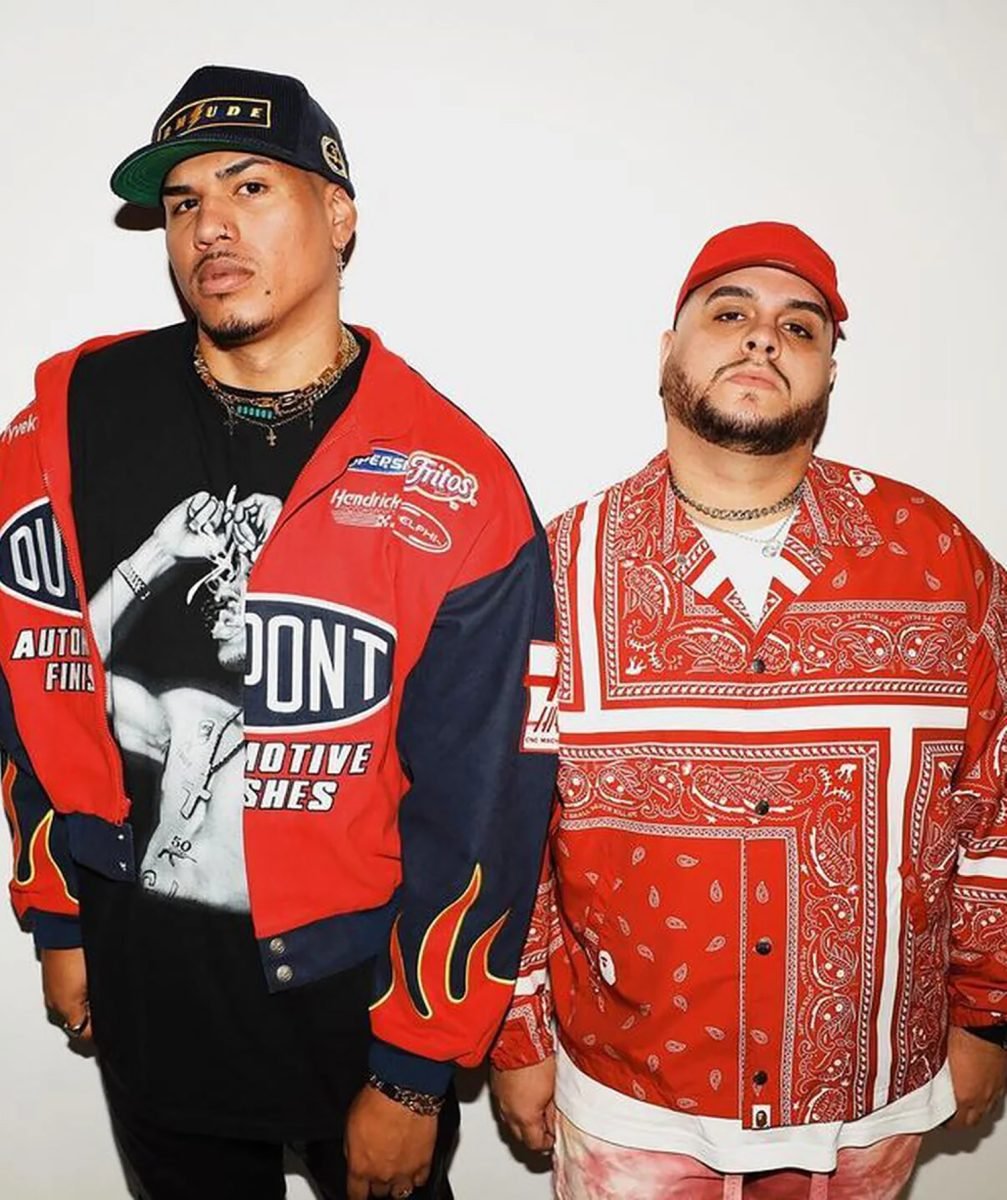Steely & Clevie Wants To Use Reggaetón Producers’ Old Interviews Against Them In ‘Dem Bow’ Case

Doniger/Burroughs – the law firm representing Cleveland “Clevie” Browne and the estates of the late Wycliffe “Steely” Johnson and Ephraim “Count Shelly” Barrett – wants a California court to hear clips from old interviews where a few Reggaetón producers acknowledged the use of elements from the Jamaican producers’ Fish Market riddim.
The firm filed the request on Tuesday, according to records obtained by DancehallMag, ahead of a crucial in-person hearing this Friday (October 20)–after which a federal judge will decide whether the massive copyright lawsuit will proceed to trial or be dismissed.
Initially used in songs like Gregory Peck’s Poco Man Jam (1989) and Shabba Ranks’ hit Dem Bow (1990), the Fish Market riddim was later adapted by Jamaican producer Dennis ‘The Menace’ Haliburton for songs such as Nando Boom’s Ellos Benia and Bobo General and Sleepy Wonder’s Pounder , both released in 1990 on Count Shelly’s “Shelly’s Records,” and also an instrumental mix known today as the “Pounder riddim.” Steely & Clevie Productions Ltd claims that the Pounder riddim was “substantially similar if not virtually identical” to Fish Market and that it has been widely sampled in Reggaetón music for decades.
However, while there is hardly any dispute that the signature sound of Reggaetón can be traced back to Steely & Clevie’s riddim, the defendants – in their bids to have the case thrown out of court – have argued that the Jamaicans were trying to take “monopolistic control” over the Latin genre and that the “basic” elements allegedly stolen from Fish Market are not protectable under US copyright laws. Steely & Clevie pushed back, noting, among other things, that their riddim contained a unique and protectable combination of drums, percussion, and bass sounds.
According to Steely & Clevie’s lawyers, the audio recordings they aim to play through a speaker during the upcoming hearing will “help guide and illustrate” their arguments as they pertain to the 1,800 songs at issue.
One such recording is a clip from Episode 3 of “LOUD,” a Spotify Original podcast released in 2021, exploring the history of Reggaetón music. Interestingly, the podcast was removed from Spotify last month for reasons that remain unclear.
In the episode titled “The Noise,” Puerto Rican “Queen of Reggaetón” Ivy Queen had acknowledged the Jamaican origins of a beat that has become a staple in the genre. “We are going to hear about that beat that came to define the scene you know what I’m talking about – Dem Bow – that beat honey that beat will dominate almost every song of reggaeton that you hear today,” she said.
She continued: “Sleepy Wonder and Bobo General did a song on the beat called Pounder … his record had an instrumental version of the new beat on the B side that instrumental is the one that end up getting sampled over and over again and becoming the Dem Bow beat we all know and love- deejays in Puerto Rico started literally flying to New York going to the Jamaican record store and buying up every copy of Sleepy Wonder’s record that they could find.”
Another clip comes from a 2021 Pensado’s Place podcast episode with Puerto Rican producer duo Subelo Neo, who openly admitted that the roots of Reggaetón drum patterns and loops came from Shabba Ranks’ Dem Bow.
“Dem Bow is basically an old loop – it’s from Shabba Ranks – it’s from an old Jamaican song – so basically what we did – every producer in Puerto Rico, the roots from reggaeton like most of the loops and the drums and all drum patterns come from Jamaican music but like we basically recreated the loop we recreated it,” said the duo, who produced at least 21 songs named in the lawsuit.
The Jamaican company also wants to include a clip from Puerto Rican producer Tainy’s 2020 sit down with Pitchfork titled “How To Create A Reggaeton Beat”.
He produced at least 119 of the songs at issue in the lawsuit, according to court records obtained by DancehallMag.
“People call it like Dem Bow – because it came as a reference to a song called like that how many years ago (Dem Bow Shabba sample),” Tainy said in the interview. “When you listen to it you know you’re listening to a reggaeton track – that’s one of the most common percussion samples or elements that make a reggaeton track.”
The latest version of the 228-page lawsuit, first filed in 2021, names over 160 other Reggaetón artists, producers, and record companies, including Bad Bunny, Daddy Yankee, Luis Fonsi, Justin Bieber, Drake, Pitbull, Rauw Alejandro, Diplo and subsidiaries of all three majors, UMG, Sony and Warner.
In addition to the interview clips, the filing on Tuesday also included clips from the Defendants’ songs, the Fish Market beat, Shabba’s Dem Bow, and a recording of the Fish Market “captured in the Pounder Riddim.”
The songs at issue in the suit include hits such as Luis Fonsi’s Despacito Remix with Justin Bieber and Daddy Yankee; Bad Bunny’s MIA with Drake; Drake’s One Dance with Wizkid and Kyla; El Chombo’s Dame Tu Cosita with Cutty Ranks; Daddy Yankee’s Dura , Gasolina , and Shaky Shaky ; DJ Snake’s Taki Taki with Selena Gomez, Ozuna, Cardi B; and Pitbull’s We Are One (Ole Ola) .
Steely & Clevie Productions is seeking all profits generated from the allegedly infringing songs, actual damages, statutory damages, interest, and attorneys’ fees.


